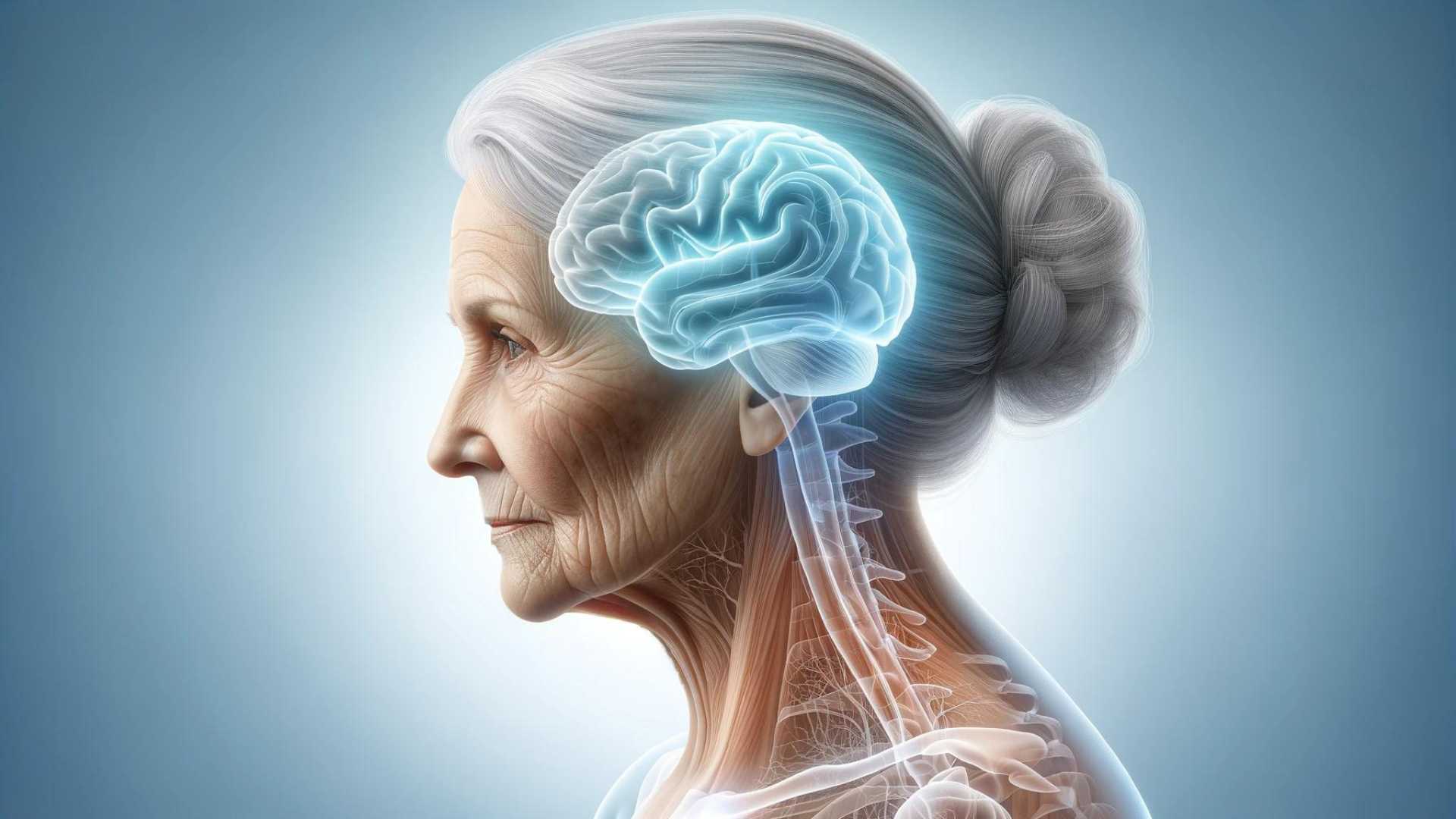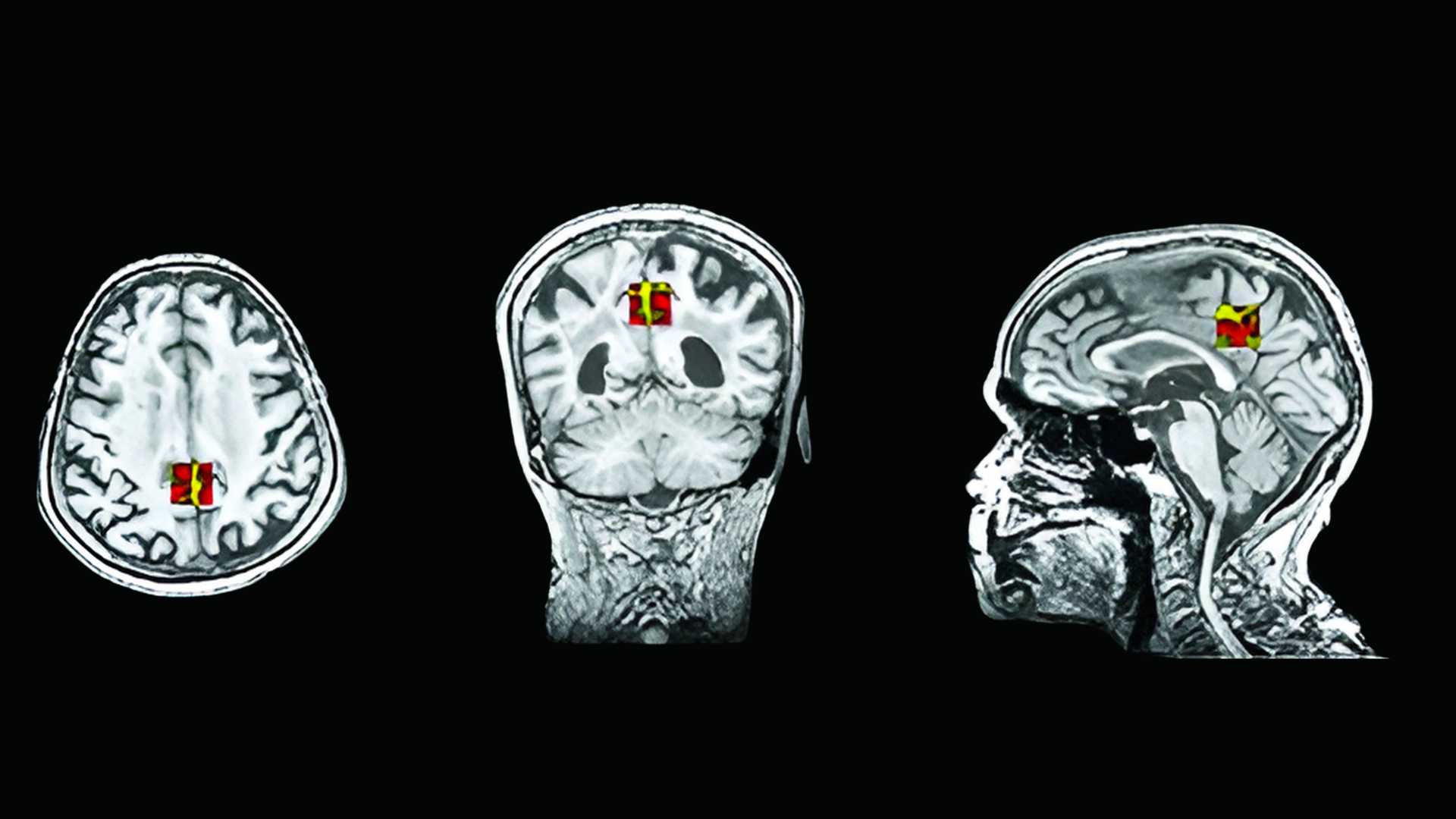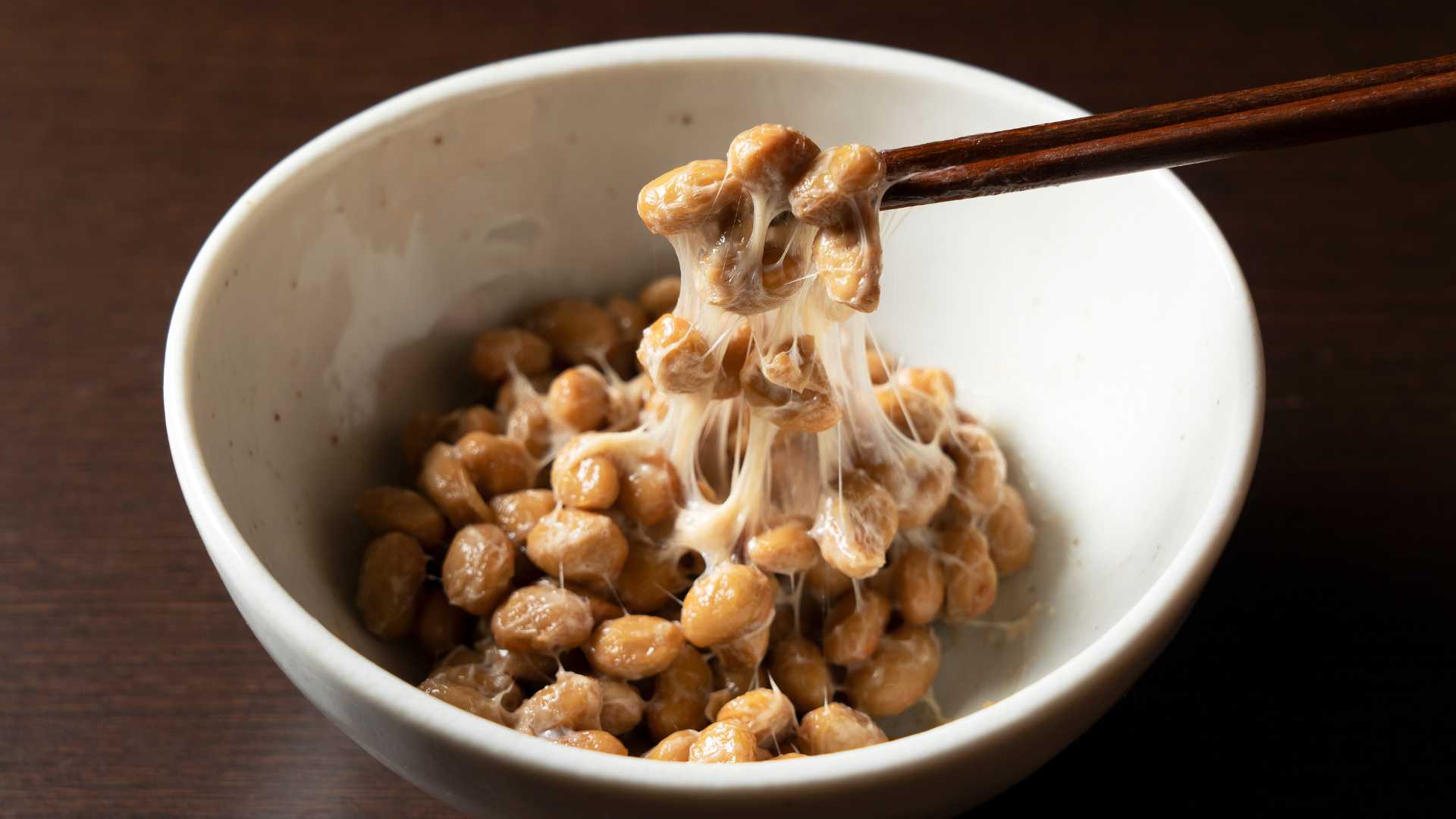Senior Moments Erased, Reduced Risk of Cognitive Decline and Dementia From Bizarre Memory Bean
Have you ever found your mind wandering more than usual? Like those times when you walk into a room and pause, trying to remember why you went there, or when you misplace your keys and laugh it off as a 'senior moment.' These instances are more than just funny stories; they are subtle reminders of the changes happening in our brains. As we age, cognitive decline is a real threat to our health and ability to live a life of freedom,

As we age, our brains can actually shrink, causing cognitive decline.
Our Brains Change as We Get Older
As we age, several changes occur in our brains that can lead to cognitive decline, dementia, and even Alzheimer's disease. These changes often become noticeable when we experience "senior moments." Here are some of the key changes that can happen in our brains:
Brain Shrinkage: Certain areas of the brain, particularly those involved in complex cognitive tasks, tend to shrink with age. The prefrontal cortex and hippocampus, crucial for memory, planning, and other executive functions, are especially affected.
Neurotransmitter System Changes: Neurotransmitters, the brain's chemical messengers, undergo changes with age, affecting the brain's communication network. This can influence memory, learning, and mood.
Blood Flow Reduction: Aging can lead to reduced blood flow to the brain, which might impact cognitive functions and the brain's ability to efficiently process information.

Brain cells in your memory shrink with age resulting in 'senior moments' or 'cognitive blackout.'
Synaptic Changes: Synapses are the points where nerve cells communicate with each other. As we age, synaptic formation can slow down, and synaptic plasticity, the ability to strengthen or weaken synapses over time, can decrease. This affects learning and memory.
Increased Inflammation: Chronic inflammation tends to rise with age, which can negatively impact brain health and cognitive functions.
Accumulation of Protein Deposits: As we age, proteins like amyloid-beta and tau can accumulate in the brain, forming plaques and tangles. These are hallmark features of Alzheimer's disease but can also be found in aging brains without dementia, potentially affecting brain function.
Neurogenesis Decline: Neurogenesis, the process of generating new neurons, decreases with age, particularly in areas like the hippocampus, which is vital for forming new memories.
Cognitive Reserve Changes: Cognitive reserve refers to the brain's resilience to neuropathological damage. While not a direct structural change, an individual's cognitive reserve can influence how aging impacts cognitive function. Lifelong learning and engagement in mentally stimulating activities can help maintain and even build cognitive reserve.
Newly Discovered Okinawan 'Memory Bean' Believed to Reverse Cognitive Decline
The key to reversing the effects of memory loss might be hidden on a remote island in the Pacific Ocean. Seniors on this island maintain crystal-clear memories, similar to those of people in their early 20s. They easily remember names, dates, and passwords, and can focus on tasks for hours without fatigue. It's no surprise that these adults experience only one-third of the "normal" rates of dementia. What is their secret? It lies in this unique "memory bean."

Could this strange sticky bean help improve your brain?
Remarkable research published in the Journal of Nutrition has discovered a brain-nourishing molecule in a unique Japanese sticky 'memory bean' that could potentially eliminate senior moments permanently. Just a few seconds a day with this sticky memory bean can enhance your brain's power and even help regrow youthful brain cells.
To learn more about how this extraordinary Okinawan memory bean can reverse the effects of aging and boost the brain's power cells, visit this website or click the button below.
Copyright © 2024 - HealthVine Media
Privacy | Terms | Disclaimer | About | Contact
While we strive to ensure the information on our website is accurate and up to date, HealthVine Media is not a substitute for professional medical advice, diagnosis, or treatment. Always consult your doctor or other qualified health provider with any questions or concerns you may in regards to a medical condition or health objectives. Never disregard professional medical advice or delay seeking it because of something you have read on this website.
Please Note:
This site is not a part of Google, Inc. or Google.com, nor is it sponsored or endorsed by Google. YouTube is a trademark of Google.
This site is not a part of the Facebook website or Facebook Inc. nor is this site endorsed by Facebook in any way. FACEBOOK is a trademark of FACEBOOK, Inc.

